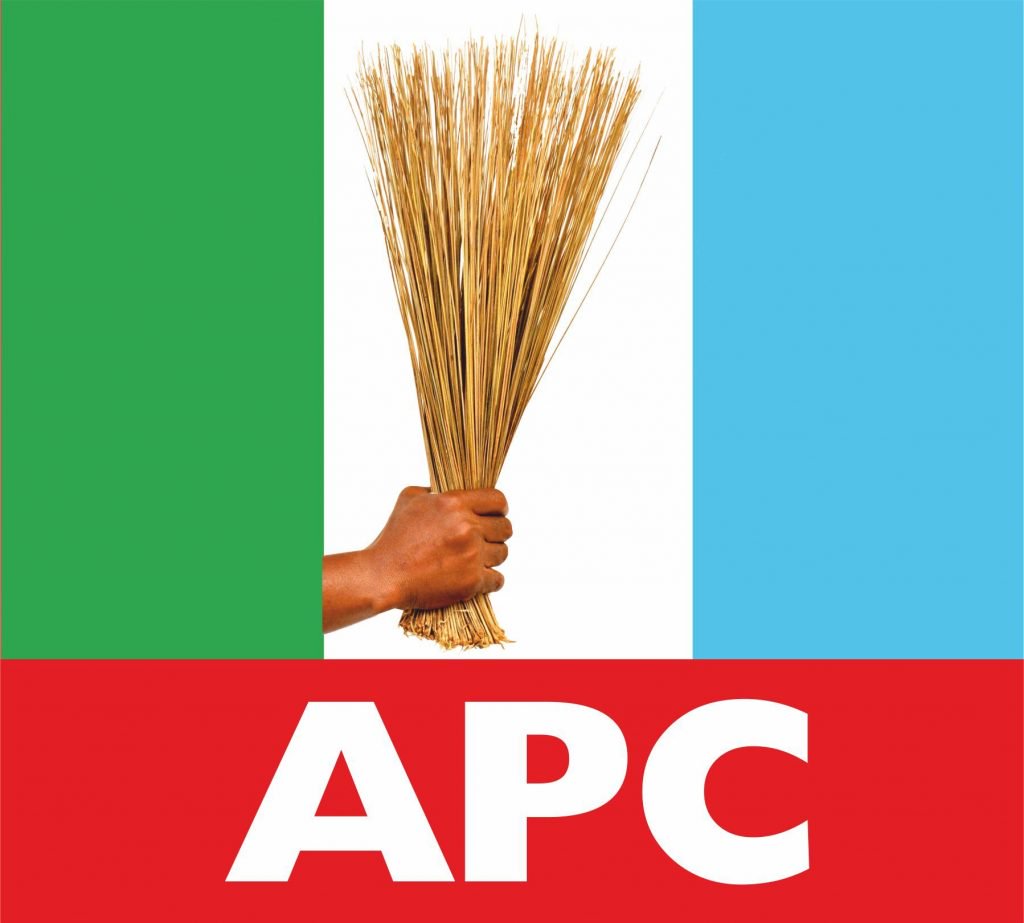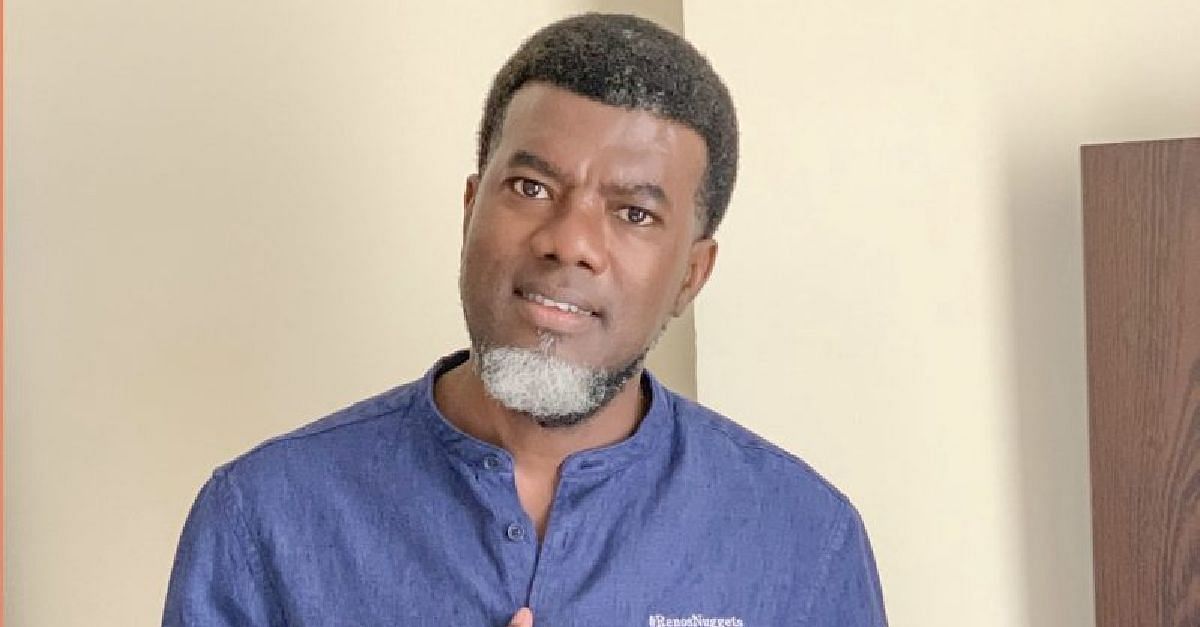APC governors adopts common policy on child nutrition

…Say investment in child nutrition essential
By Tunde Opalana, Abuja
Governors elected on the platform of the ruling All Progressives Congress (APC) have adopted a proposed framework for common policy initiatives on promoting child nutrition in APC states for the consideration of progressive governors.

The framework include increased commitment and political will towards improving child nutrition in the APC states through enhancing resource mobilisation and incorporating in the annual budget both nutrition specific interventions and programmes and nutrition sensitive programmes.
The governors proposed to plan and implement nutrition policy interventions and programmes that will be sustainable and resilient to the impacts of COVID-19 and the associated economic fallouts.
They are also ready to develop and strengthen legislation, policies, strategies and action plans with measurable outcomes for nutritional and related interventions, including pregnant women, youth, and other vulnerable households.
These initiatives were contained in a communiqué of the Teleconference Meeting of Secretaries to Governments of All Progressives Congress States on Developing Common Policy Initiatives on Promoting Child Nutrition Held on Thursday, April 30, 2020.
The communique released on Saturday and signed by Simon Bako Lalong and Mohammed Badaru Abubakar, executive governors of Plateau snd Jigawa states who are Co-Chairmen, PGF Governance Prog. Steering Committee.
The committee will create a template that reflects the current status of each APC state on policies, implementation challenges and gaps as well as sustainability and also serve as a framework for peer learning, sharing of best practices and peer review amongst the APC states to ensure that they all are working collectively to align their nutrition policies with those of the Federal Government of Nigeria.
The governors, however, considered having a collective meeting with development partners that would essentially focus on domestication of federal government and PGF policies on child nutrition in each APC state.
The main objective of the teleconference meeting was to review the details of the framework on promoting child nutrition in the APC States and provide necessary guidance to enhance the development of common policy initiatives in APC States and effective engagement of all stakeholders on issues of child malnutrition.
The 9th Quarterly meeting via teleconference had the theme ‘Developing Common Policy Initiatives on Promoting Child Nutrition in APC States’, with keynote address delivered by Mr. Adewale Ajadi, Director Africa Practice, Synergos, on Issues and Challenges of Child Nutrition in the APC States.
The keynote address identified challenges and dynamics of formulating and implementing child nutrition interventions in the country. Recognising that Covid-19 has further added more problems to the crisis of child nutrition in the country, he highlighted policy recommendations for the considerations of the SGSs of APC states.
The Steering Committee was concerned with widespread crisis of child malnutrition among children under five years of age in Nigeria and the associated wasting, stunting, low cognitive ability among children, and the resultant low earning capabilities after they have become adults.
The committee considered the issue of malnutrition and undernourishment as a social, economic and developmental challenge that must be addressed holistically, as part of the nation’s commitment towards the attainment of the United Nations Social Development Goals (UN-SDGs) and meeting the target of zero hunger in the country by 2030.
Governor Badaru emphasised the determination of APC governors to put the issue of child nutrition on the front burner and develop an enduring framework that will not only address the challenge of child nutrition within the shortest time possible but also ensure that access to food by all vulnerable households is reasonably guaranteed at all times.
He affirmed the commitment of the APC governors to initiate coordinated action and partnerships with critical stakeholders, including the Federal Government, the National and State Assemblies, development partners, Civil Society Organisations and the private sector.
READ ALSO: Facts vs Fiction: Zamfara Divisive Politics of Minimum Wage
After exhaustive deliberations, the meeting observed challenges of child nutrition in the APC states and concluded that child nutrition is critical to the development of the nation’s human capital in terms of building the capacity of children to grow, develop and learn to their full potential.
The committee insisted that increasing investment in child nutrition is essential to ensure good health and nutrition of children that will accelerate the attainment of the UN-SDGs and zero hunger in Nigeria by 2030, within the shortest time.
It realised that synergy formed between and within the APC States with shared objectives, as well as coordinated actions with critical stakeholders can improve the value, quality, expansion, and sustainability of interventions in child nutrition.
In addition, it said there is an urgent need to improve further the implementation of school feeding programmes and make monitoring and accountability part of the programme implementation in the APC states.








